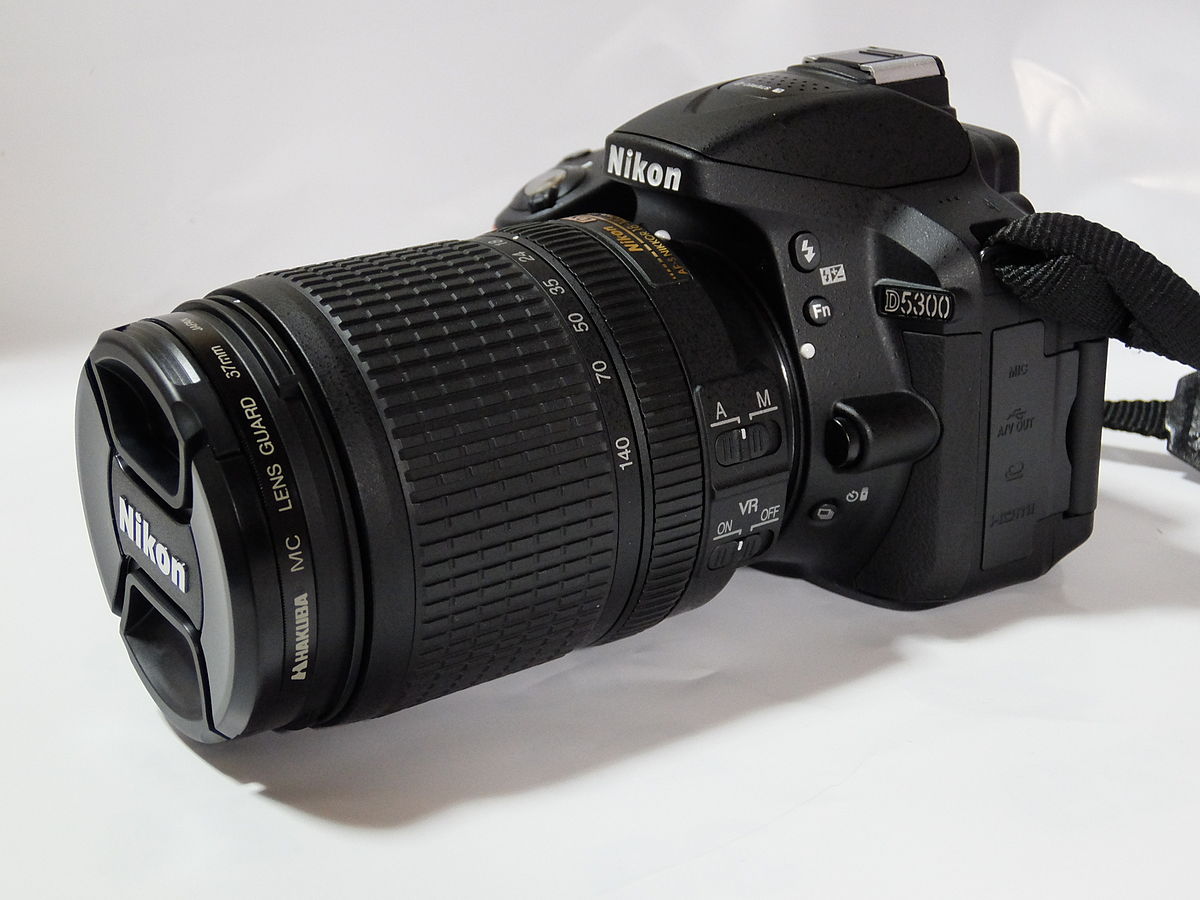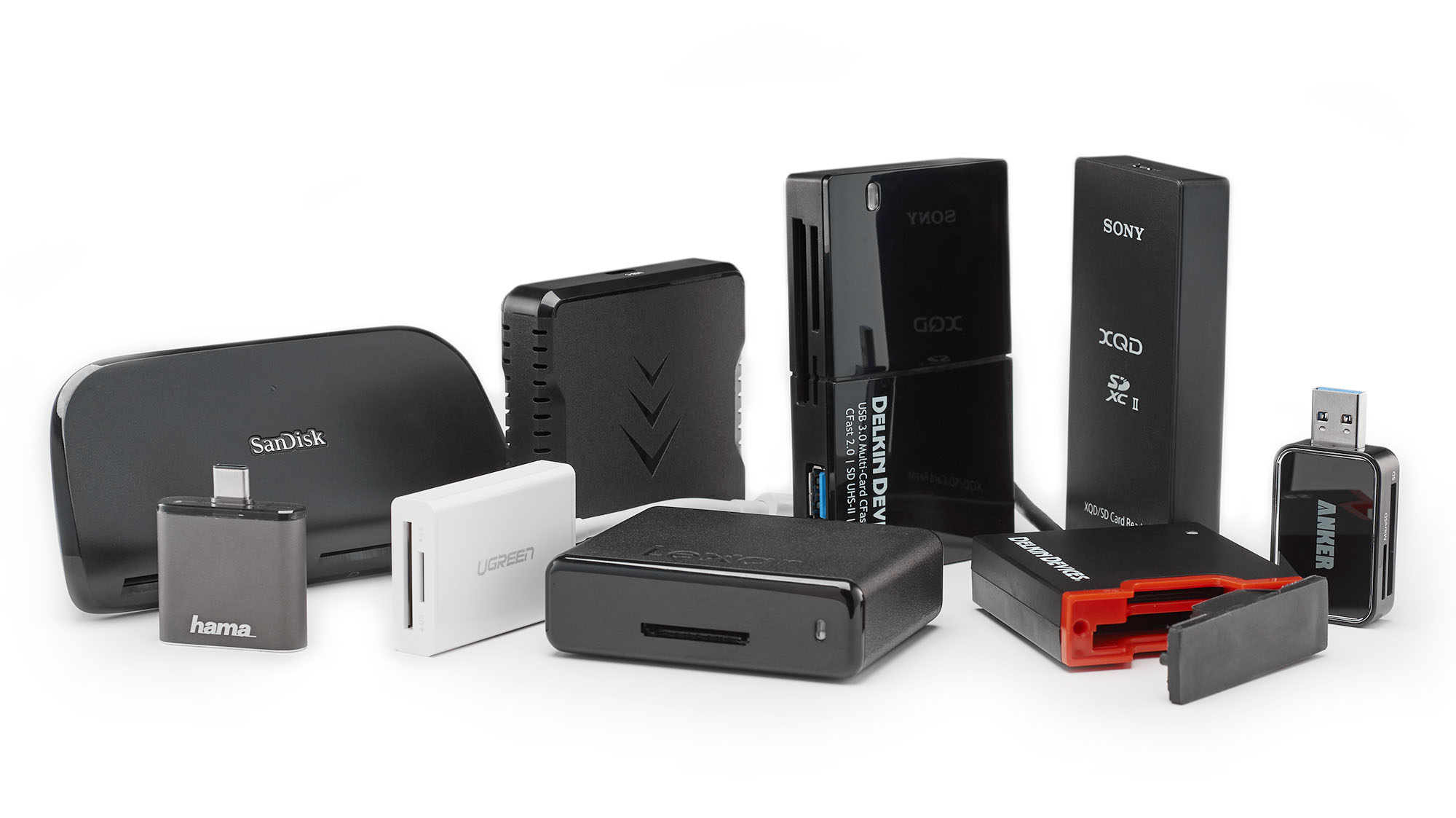Secure Digital (sdxc) Slot
Apple Compatible iMac SDXC - SDHC - SD Cards
A Secure Digital (SD) memory card is a digital memory card that utilizes the non-volatile memory card format developed by the SD Card Association (SDA) for use in portable devices. The SD technology is used by more than 400 brands across dozens of product categories and more than 8,000 models. Many laptops, cameras, and mobile phones have built-in slots for small memory cards. There are three different types of memory cards: Secure Digital (SD), Secure Digital High Capacity (SDHC), and Secure Digital Extended Capacity (SDXC). Take a look at the differences below. SD Memory Cards. Image via Flickr by mobilyazilar. The first capacity type is the standard SD card which supports cards of up to 2 GB in capacity. Next comes the Secure Digital High Capacity (SDHC) type for cards over 2 GB and up to 32 GB. After that, we have the Secure Digital Extended Capacity (SDXC) cards which offer storage capacity between 32 GB and 2 TB. An “SDXC card slot” is a slot in a computer that can read from and write to Secure Digital eXtended Capacity (SDXC) 1 memory cards.
Aluminum Intel iMac SD Slot Location
 Starting with the glass panel unibody aluminum iMac desktop computers, Apple started including an SDHC card slot on the right-hand side of the machines located just below the SuperDrive CD/DVD burner opening.
Starting with the glass panel unibody aluminum iMac desktop computers, Apple started including an SDHC card slot on the right-hand side of the machines located just below the SuperDrive CD/DVD burner opening.Later models revised the slot to support SDXC - (e)Xtended Capacity cards up to 1 Terabyte. So the model / year of your iMac system will determine if it’s SD and SDHC compatible, or if it’s a later model that also supports SDXC as well.
Slim Aluminum Retina iMac SDXC Slot Location

Apple continued to include an SDXC compliant, SDHC - SD backward compatible Secure Digital memory card slot on the slimmer aluminum iMac systems. This revision moved the slot the rear of the iMac alongside the audio, Gigabit ethernet, USB 3.0 and ThunderBolt ports instead of on the right-hand side of the display. The slot remains on the latest Thunderbolt 3 Retina iMac's as well.
| iMac SDXC Card | SDXC Card For iMacs | SDHC Card For iMac |
|---|---|---|
| SanDisk Extreme Pro SDXC Up To 95MBps Speed | PNY Elite SDXC Card Up To 90MBps Speed | Transcend Class 10 Up to 90MBps |
With the latest generation of Secure Digital flash memory SD cards at the high-end, we're seeing Read / Write speeds rivaling and outperforming conventional mechanical hard drives. So, not only has capacity increased but speed has increased greatly - though the data rates still fall far short of full-blown solid-state drives.
There are three main types in the SD memory card family. SD, SD High Capacity (SDHC™), and SD Extended Capacity (SDXC™). This article details the different specifications of all three types of SD memory cards and the speed class ratings and compatibilities that are different with each type.
Additional Reference: SD Assocation Consumer Information
SD capacities range from 128MB to 2GB
Default Format: FAT16
SD cards will work in all host devices that support SD, SDHC, or SDXC
SD High Capacity (SDHC™) card is an SD™ memory card based on the SDA 2.0 specification.
SDHC capacities range from 4GB to 32GB
Default Format: FAT32
Because SDHC works differently than standard SD cards, this format is NOT backwards compatible with host devices that only take SD (128MB - 2GB) cards. Most readers and host devices built after 2008 should be SDHC compatible.
To ensure compatibility, look for the SDHC logo on cards and host devices (cameras, camcorders, etc.)
SD Extended Capacity (SDXC™) card is an SD™ memory card based on the SDA 3.0 specification.
SDXC capacities range from 64GB to 2TB
Default Format: exFAT
Because SDXC uses a different file system called exFAT and it works differently than standard SD cards, this format is NOT backwards compatible with host devices that only take SD (128MB to 2GB) or host devices that only take SDHC (4GB to 32GB). Most host devices built after 2010 should be SDXC compatible.
To ensure compatibility, look for the SDXC logo on cards and host devices (cameras, camcorders, etc.).
NOTE: Internal card readers on laptops up to year 2008 may NOT support SDXC cards. SDXC cards will work in SDHC compatible readers (not SD readers) if the computer OS supports exFAT.
For more information on exFat see: Operating Systems that support the exFAT File System
Ultra High Speed, Phase I (UHS-I) bus design for SDHC and SDXC cards was added in SD spec 3.0. This is a design enhancement to increase the performance of SDHC/SDXC cards.
UHS-I specification defines two bus architecture options for up to 50MB/s (UHS-50) and 104MB/s (UHS-104) data transfer rates. These are theoretical maximum limits and actual maximum performance for a specific card is defined on it label or in advertising.
UHS is an enhancement to the original SD interface specifications. Host devices will obtain the UHS maximum speed when both the card and host device support UHS. Otherwise, the host device and card will use the slower SD maximum speed obtainable.
There is no compatibility problem using a UHS card with a non-UHS device.
Ultra High Speed Phase II (UHS-II) bus design for SDHC and SDXC was added in SD spec 4.0. This is an additional design enhacement with connector interface modifications to increase performance.
UHS-II specification defines bus architecture for options of 156MB/s and 312MB/s. Manufacturers implemented the 312MB/s option in memory cards. These are theoretical maximum limits and actual maximum performance for a specific card is defined on the label or in advertising.

Host devices will obtain the maximum UHS-II speed when both the card and the host device support UHS-II. Otherwise, the host device and card will use the highest compatible UHS-I or SD bus speed.
There is no compatibility problem using a USH-II card in a UHS-I or non-UHS device.
Speed Class & UHS Speed Class Rating
Speed class ratings define a minimum guaranteed speed of SDHC/SDXC cards. Speed class rating is important for HD video mode or camcorders, where the device is actually saving a steady stream of data. The resolution and format of the video determines the amount of steady stream data. You should consult your camera user manual for minimum speed class requirements for HD video modes.

Secure Digital Sdxc Slot

Speed Class (SD Bus)
Class | Minimum Speed |
2 | 2MB/s |
4 | 4MB/s |
6 | 6MB/s |
8 | 8MB/s |
10 | 10MB/s |
UHS Speed Class (UHS Bus)
UHS Class | Minimum Speed |
1 | 10MB/s |
3 | 30MB/s |
For a more detailed explanation of speed class see: Difference between Speed Class, UHS Speed Class, and Speed Ratings...
SD Association: Speed Choices
Compatibility Summary
The chart below shows the host device and the memory cards supported.
| Host device (ex. cameras, video recorders, phones, readers, etc.) | Memory cards supported |
Secure Digital (sdxc) Slot Voice Recorder
- SDXC memory cards can ONLY be used with SDXC host devices.
- SDXC memory cards will NOT work with SD / SDHC host devices.
Additional info on SDXC cards and host devices
- SDXC host devices can use and support SD, SDHC and SDXC memory cards.
- SDHC host devices can use and support both SD and SDHC memory cards.
- SDHC memory cards can be used with SDHC and SDXC host devices.